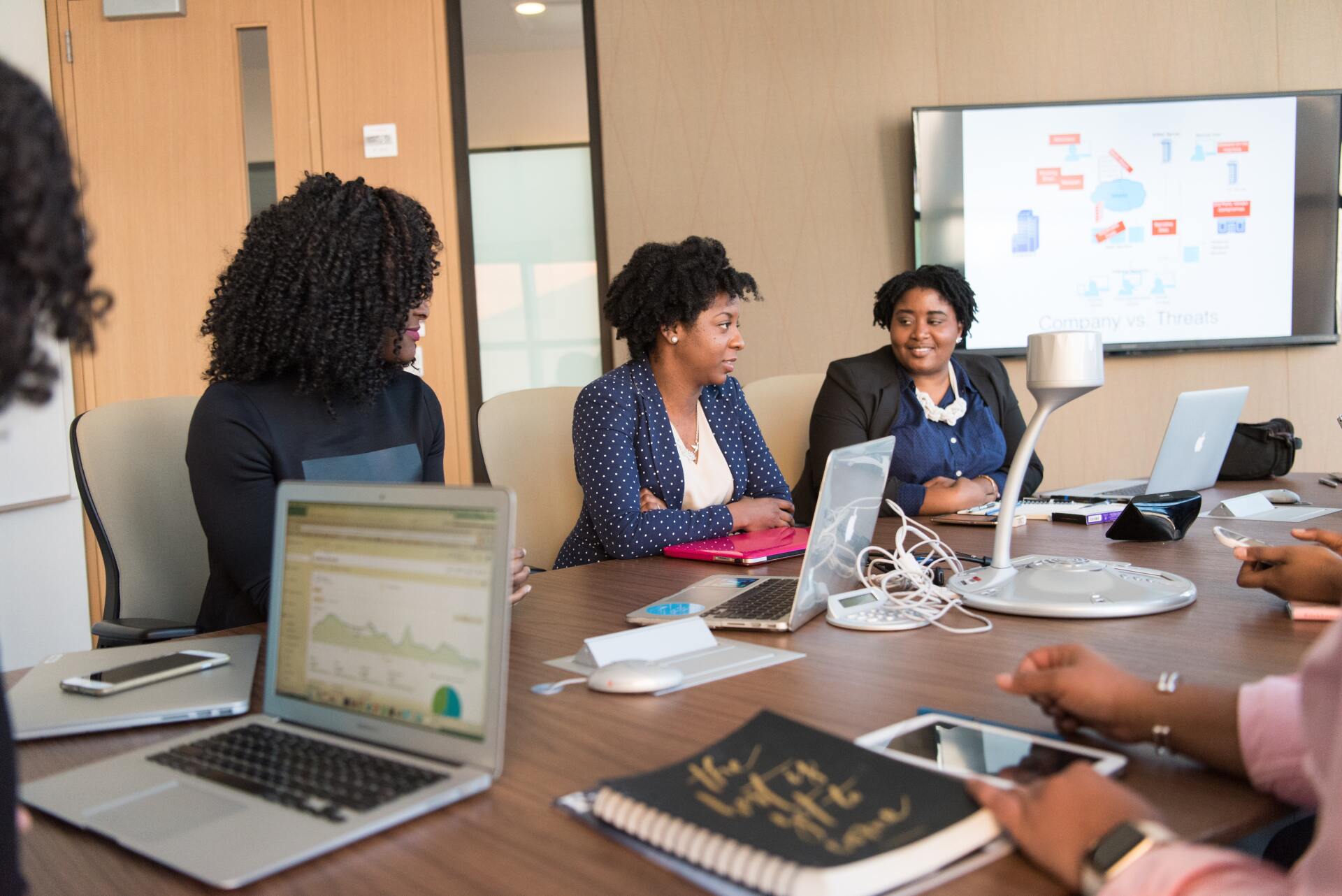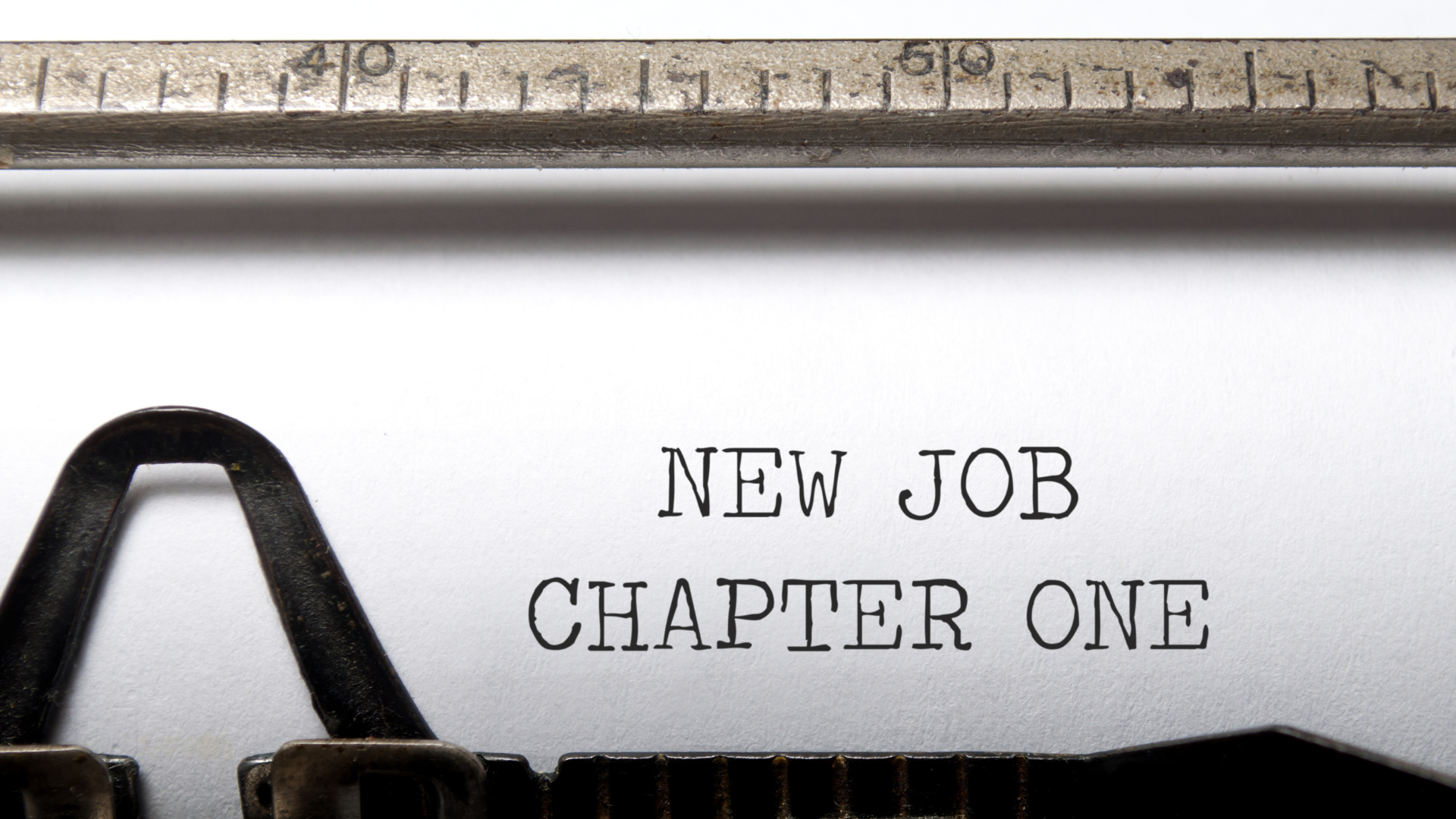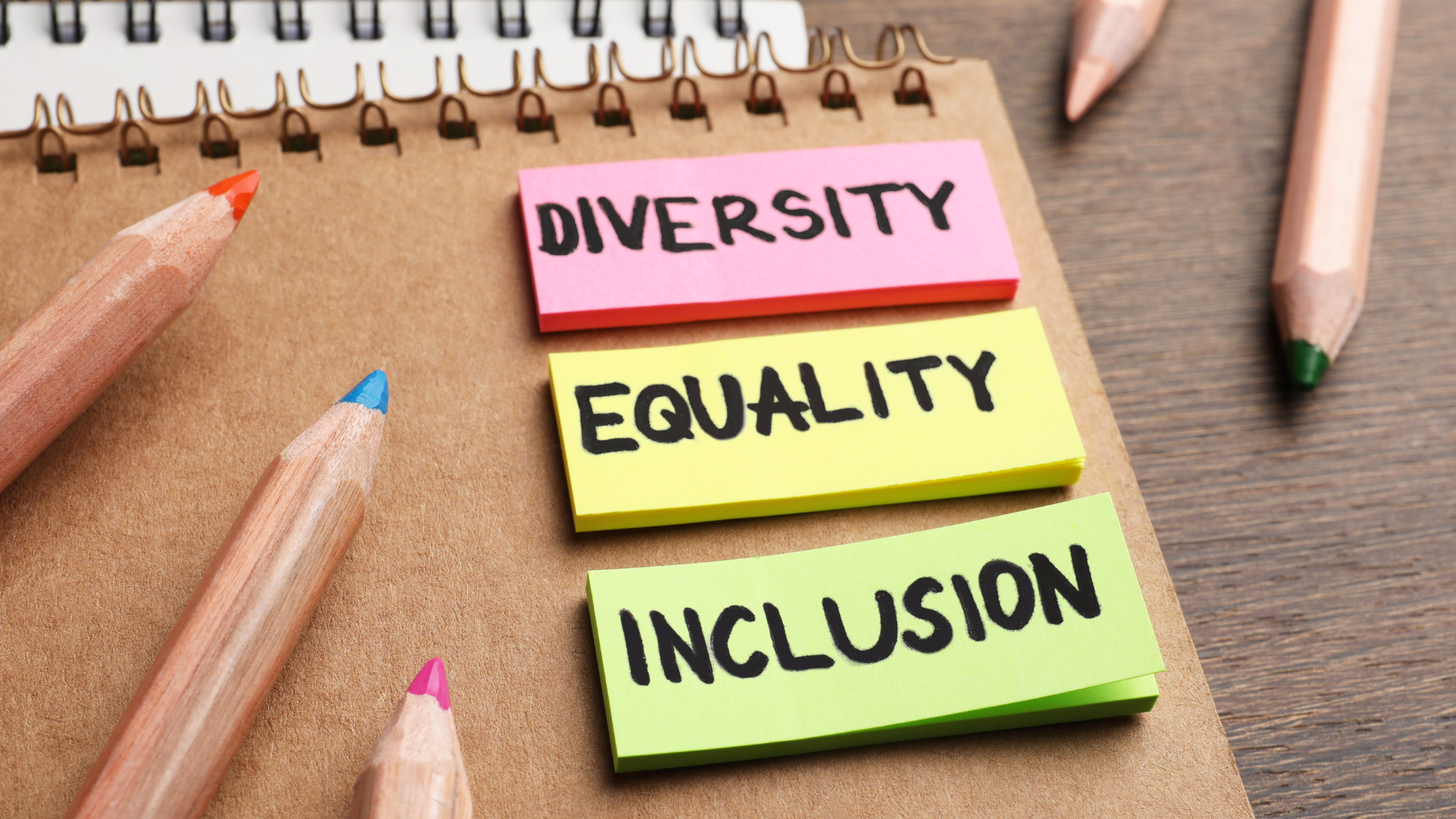Supporting Colleagues Dealing with Grief and Trauma

On a Thursday, thirteen years ago, I was reading our daughter's weekly primary school newsletter. The newsletter written by the Principal opened with a Maya Angelou quote.
"I've learned people will forget what you said, people will forget what you did, but people will never forget how you made them feel."
Knowing the Principal, I imagine her absorbed in these words as she wrote them, reflecting on the acts of compassion from people as she navigated her personal grief experience after the death of her son. Feeling supported and understood is both comforting and healing, particularly in a time of loss.
This summer’s unpredictable Australian bushfires have caused life-changing devastation. Collectively Australians have endured and witnessed profound loss. Yet, loss is a unique and individual experience with no two of us alike, and where grief and trauma can both occur. The tentacles of disasters like this are far reaching, impacting many individuals, families and workplaces.
At the time of writing, political heads have named this disaster 'Black Summer' claiming 33 lives, 3,000 homes, unconfirmed loss of pets and wildlife, treasured possessions, and excessive damage to land and livelihoods.
In a disaster safety, water, food and shelter are of primary concern. The community at risk and first responders usually meet these needs on-site. Mental wellbeing follows, and as a wider community, we make ourselves available, physically, emotionally, professionally and financially. It's helpful, mostly. It says we hear, see and feel your pain. We've got you.
But when our wider communities return to their normal lives, for the directly impacted loss remains raw, with no timeline. This is an important point to remember if you have colleagues or employees affected by the fires. Daily, minute by minute, the bereaved will miss hearing, touching and seeing their loved one. There may be a longing for a pet. Others may feel displaced or anxious not having the security and comfort of their homes. Stress is heightened for others as they confront the means to earn a living or the challenge to apply themselves mentally or physically to their work.
Sometimes there can be a false sense of urgency to replace what's lost or 'get back to normal quickly'. A disaster is a profound experience; it disrupts the meaning of one's life's goals. It can change our values and view of the world. It takes time to think, space to reflect and look at options, and effort to plan new objectives for a healthy recovery.
Understanding the impact of grief and processing trauma will help effectively support people directly impacted and provide a solid foundation for new healthy beginnings. (this could be you)
Grief and Trauma
Grief is our natural response to the loss of someone or something significant in our lives. It has no timeline, can be triggered anywhere and may create chaos in our lives. It affects our emotions, thoughts, physical bodies, behaviours, our spiritual or philosophical view of the world and our social or professional environments. Grief is a process, not an event, and you can't fix it, but rather, you will grow around it. Although grief is an individual experience, we are never alone in it.
Trauma can induce reactions of intense fear, helplessness and disbelief when we are exposed to distressing events that threaten our safety or the safety of others near to us. It can also occur when we find out about traumatic events. Sometimes trauma reactions don't appear until well after the event. Be aware, avoiding and suppressing trauma responses can prolong them. Trauma can shatter our assumptions of the world, and challenge our values and beliefs as our environment no longer feels safe. Sharing your experience is a good way of helping to process trauma.
Self-care for the directly impacted, two things:
1. You are a priority. At the risk of sounding like a flight attendant, put your oxygen mask on first. This metaphor is to highlight the need to take care of yourself before helping others. Understand how grief is affecting you and how you are processing trauma is an essential step in healing.
2. If you need support, get it, at any time. There is an 'old stigma' attached to seeking help for mental health. You might buy into this belief because it comes from what family members, work colleagues or peers believe. Regardless, this belief is no longer acceptable. Professionally trained people are waiting for you to give you both space and time to share your grief, loss or trauma experience. Make an effort, put your oxygen mask on first!
Supporting others, two things:
1. (above) applies to you, too; having awareness of how these circumstances are affecting you will be an important part of being an active support person. Grief can be triggered anywhere, anytime, putting your oxygen mask on first will allow you to support others effectively.
2. As a supportive person, our role is to listen. Listen for the intent to understand, rather than the need to respond. Reserve any judgements while listening and be prepared to hear the same thing over and over. Take time out to listen, don't do it on the fly, go for a walk or to the park, somewhere the person feels comfortable to share their experience or tell their story.
And as always here's where to find help:
- Supportive and understanding family, friends and peers;
- GP or health professionals;
- Community Health Service Counsellor, psychologist or support group;
- Emergency department - if someone you know is at risk of harming themselves or others, call 000 or visit/take them immediately;
- Think about or talk to your organisation about becoming a;
- Telephone helplines like : 13 11 14
About Melissa Lowe
Melissa is a grief and loss strategist who partners with executives, HR Managers, and small business owners to better educate and support their workplaces in the areas of grief and bereavement. Melissa goes beyond the bereavement policy and focuses on mourning as a process of skill acquisition. Melissa believes how well a bereaved individual does ultimately depends on how well an organisation enhances a compassionate and supportive environment. Melissa trained as an Organisational Coach and Bereavement and Intervention Counsellor. She holds Post Graduate qualifications in Applied Business; Organisational Coaching and Intervention from Swinburne University of Technology; Bereavement Counselling and Intervention from The Australian Centre for Grief and Bereavement. Melissa writes at the other side of grief and is working on bereaved not broken.
https://www.melissalowe.com.au/
Find the job you love I Find the right talent
Get in touch with people2people
Australia
I
United Kingdom
In business since 2002 in Australia, NZ, and the United Kingdom, people2people is an award-winning recruitment agency with people at our heart. With over 12 offices, we specialise in accounting and finance, business support, education, executive, government, HR, legal, marketing and digital, property, sales, supply chain, and technology sectors. As the proud recipients of the 2024 Outstanding Large Agency and Excellence in Candidate Care Awards, we are dedicated to helping businesses achieve success through a people-first approach.
Recent articles





Latest Media Features
List of Services
-
Dry promotions': Australian employees given new titles with no pay hikeDry promotions': Australian employees given new titles with no pay hike
Human Resources Director
Janurary 10, 2025 -
People2people Recruitment Reveals Top 25 Career Tips for 2025People2people Recruitment Reveals Top 25 Career Tips for 2025
Global Travel Media
Janurary 6, 2025 -
Navigating 2025: Top tips for evolving Australia jobsNavigating 2025: Top tips for evolving Australia jobs
IT Brief Australia
Janurary 1, 2025
List of Services
-
Dry promotions': Australian employees given new titles with no pay hikeDry promotions': Australian employees given new titles with no pay hike
-
People2people Recruitment Reveals Top 25 Career Tips for 2025People2people Recruitment Reveals Top 25 Career Tips for 2025
-
Navigating 2025: Top tips for evolving Australia jobsNavigating 2025: Top tips for evolving Australia jobs
Get in touch
Find out more by contacting one of our specialisat recruitment consultants across Australia, New Zealand, and the United Kingdom.
Copyright © 2025, people2people
people2people acknowledges the Traditional Custodians of country, pays respect to their Elders past and present, and extends that respect to all Aboriginal, Torres Strait Islander and Māori peoples today.
people2people partners with CarbonInvoice to measure and mitigate any carbon emissions associated with the work we do.
Specialisations
Locations
Resources

